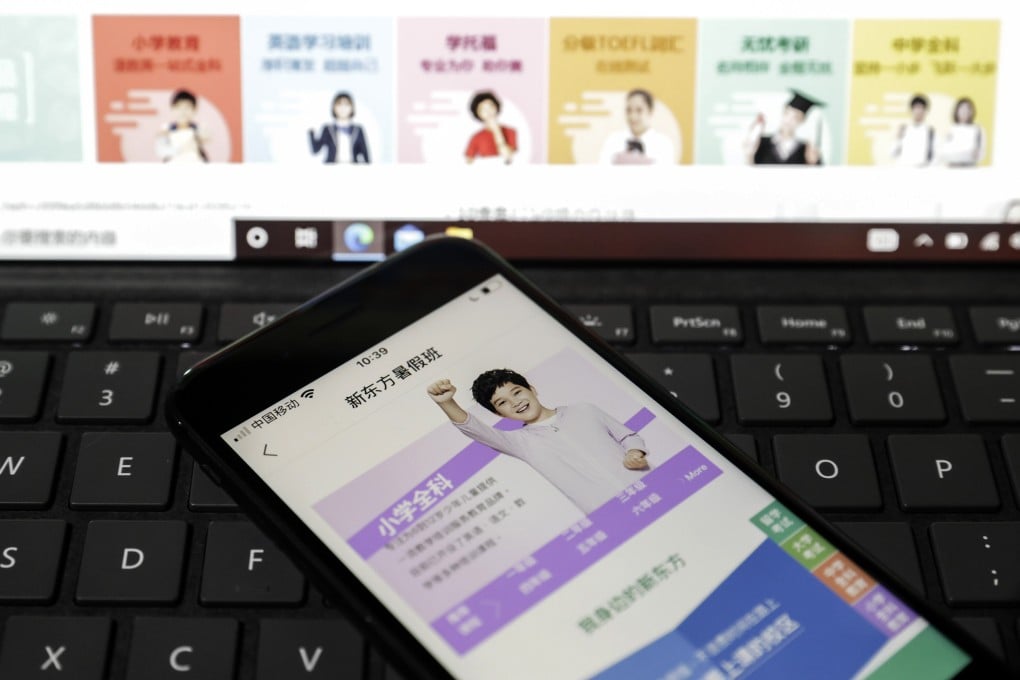Explainer | A year of living dangerously: timeline of Beijing’s crackdown on China’s once high-flying edtech sector
- In 2020, US$10.5 billion of venture capital money poured into the sector, with many investors seeking an exit after the IPOs of edtech unicorns Zuoyebang and Yuanfudao
- Beijing sharpened its focus on off-campus tutoring after President Xi Jinping described K-12 after-school training services as a ‘social problem’ in need of fixing

The contrast could not have been more stark. This year’s crackdown on China’s US$70 billion edtech sector followed a jubilant 2020, when firms that developed online courses, homework assistant apps and offline training centres were reaping huge gains during the Covid-19 pandemic that forced students to stay at home and study in front of a screen.
In 2020, roughly US$10.5 billion of venture capital money poured into the sector, with many investors looking for a fruitful exit after the IPO of edtech unicorns like Zuoyebang and Yuanfudao.
In March last year, Chinese entertainment giant ByteDance called education as “a strategic new business direction”, but a little over a year later it was firing thousands of employees and taking down its two main education apps.
Last December, e-commerce leader Alibaba Group Holding, owner of the South China Morning Post, participated in a US$1.6 billion fundraising round for Zuoyebang.
It all came crashing down in mid-2021, but the warning bells had been sounding for some time. Criticism of the sector had been voiced by the nation’s top leaders since at least 2018.
Beijing sharpened its focus on off-campus tutoring after President Xi Jinping described K-12 after-school training services as a “social problem” in need of fixing during a meeting of the Chinese People’s Political Consultative Conference in March.